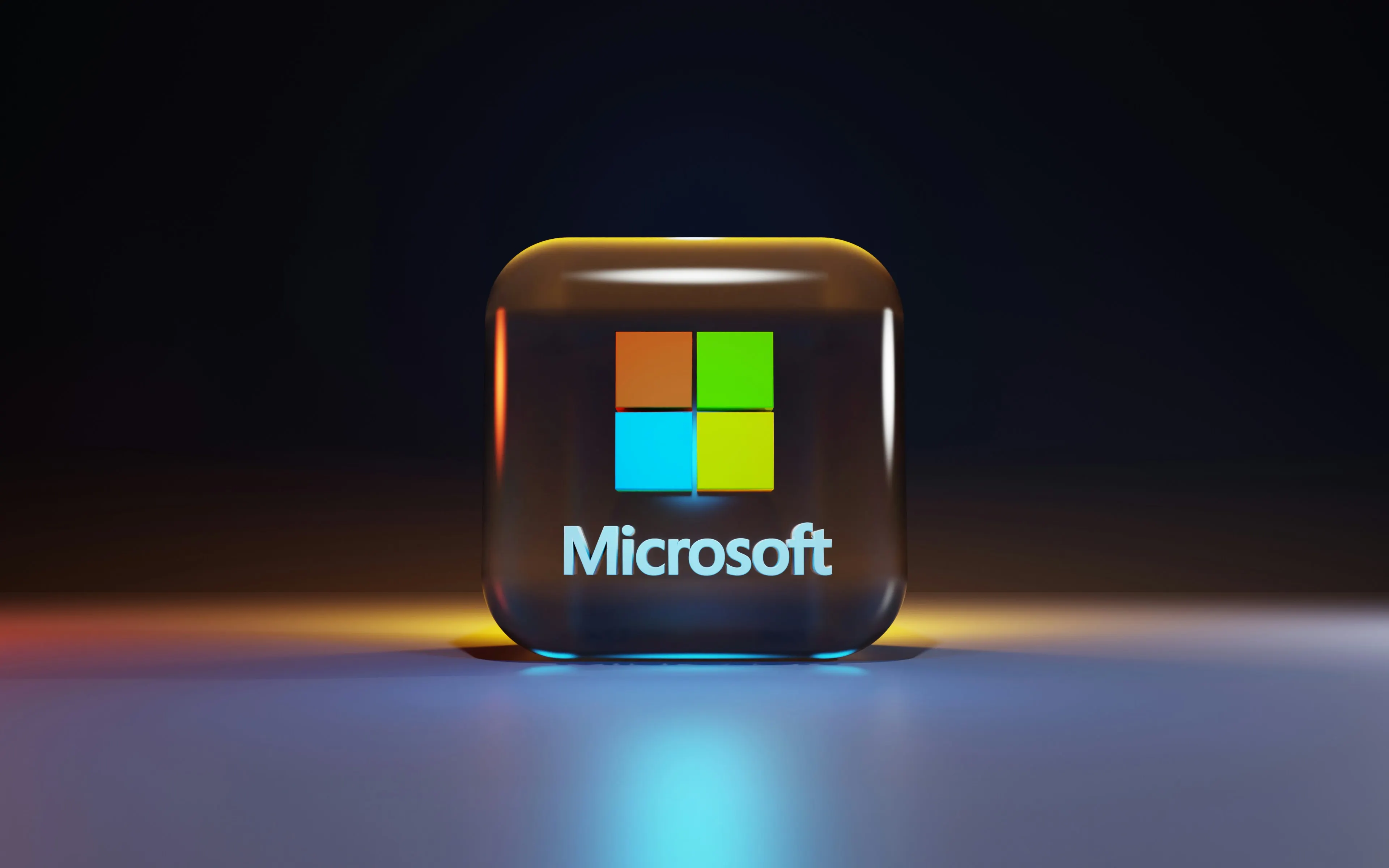Microsoft Access Databases as a Database Management System
5
Minutes Read
November 14, 2025
Share:
A database management system (DBMS for short) is essential for the structured storage and management of large amounts of data. Companies use DBMS to efficiently organize data, perform queries, and control user access. Microsoft Access databases in particular offer a simple yet powerful way to implement relational databases quickly — ideal for small and medium-sized projects. With Microsoft Access databases, even users without in-depth programming knowledge can develop their own solutions. Thanks to its graphical user interface and integrated development environment, Access is ideal for quickly creating applications based on a database management system.

What Is Microsoft Access?
Microsoft Access is a powerful database management system that is widely used, particularly in small and medium-sized companies. If you are wondering what Microsoft Access is, you should know that it is a relational database solution that makes it easy to structure, manage, and evaluate data.
Microsoft Access databases are ideal for creating individual applications, which require rapid development and ease of use. The graphical structure, which also allows users without in-depth programming knowledge to work with the Microsoft Access database, is particularly advantageous.
A central element is the structure of database access: tables, relationships, forms, reports and queries together form the basis. Access database queries play a decisive role, especially when it comes to data analysis. With just a few clicks, information can be specifically filtered and compiled.
Access database queries make it possible to extract complex information from large amounts of data. Anyone who deals with the topic more intensively should also take a closer look at the Access Definition queries. This describes how data sources are linked together and which criteria influence the results.
A well-thought-out database access structure is the prerequisite for a high-performance application. In combination with a clear structure of Access Definition queries, this creates a professional solution that can also handle growing amounts of data.
If you want to dive deeper into the topic and ask yourself what Microsoft Access is in practical use, you will quickly recognize the advantages of Microsoft Access databases in daily work — especially with individual solutions such as those developed by kessoft.
How Can I Get an Access Database Programmed?
Anyone looking for an individual solution for data management will sooner or later be confronted with the topic of Access database programming. Microsoft Access not only allows data to be captured and evaluated — targeted Access VBA programming makes the application really powerful.
Access VBA programming makes it possible to develop user-defined functions, automated processes, and interactive user interfaces. This makes the classic database programming Raised to a new level: Processes can be automated efficiently and potential sources of error can be significantly reduced.
Especially beginners who want to learn Access programming benefit from the intuitive environment of Microsoft Access databases. The close integration of VBA (Visual Basic for Applications) makes the learning process structured and comprehensible. If you regularly work with data and want to learn Access programming, Access is the ideal way to get started.
An important step in database development is being able to create an Access database that is both functional and practical. It is not only the table structure and relationships that are important, but also a well-thought-out concept for forms and queries. If you want to create an Access database, you should familiarise yourself with the principles of database programming at an early stage.
Whether it's small tools or complex business applications — anyone who knows how to program Access databases can develop tailor-made solutions that are precisely tailored to individual requirements.
Using the Access Database System — Advantages and Disadvantages
For many years, Microsoft Access databases have been a popular solution for companies that want to create individual applications quickly and flexibly. The Access database system is particularly widely used in small to medium-sized companies due to its easy handling. But as with any solution, Microsoft Access databases have clear advantages and disadvantages.
A major advantage is that with MS Access, tailor-made database solutions can be implemented without much effort. The user interface is intuitive and allows even less tech-savvy users to get started easily. Anyone who needs Access warehouse management, for example, can create a functioning application with just a few clicks.
Another advantage: The ability to create forms, reports and queries directly in MS Access saves time and reduces dependency on IT service providers. A suitable solution can be developed quickly, particularly for individual requirements. Many companies are taking the opportunity to set up an Access warehouse management system themselves and thus make their processes more efficient.
Despite these advantages, the Access database system also has certain limitations. With very large amounts of data or multiple users at the same time, the application reaches its limits. In such cases, it is important to carefully check the intended use.
If you want to go deeper, you can program an Access database and thus integrate additional functions. Individual automations can be implemented, particularly in combination with VBA. The step of learning to program an Access database is particularly worthwhile if new requirements arise regularly or complex processes need to be mapped.
Conclusion: Microsoft Access databases offer a quick, cost-effective solution for many requirements — as long as the technical limits are taken into account
Explore More of our Blog Posts






